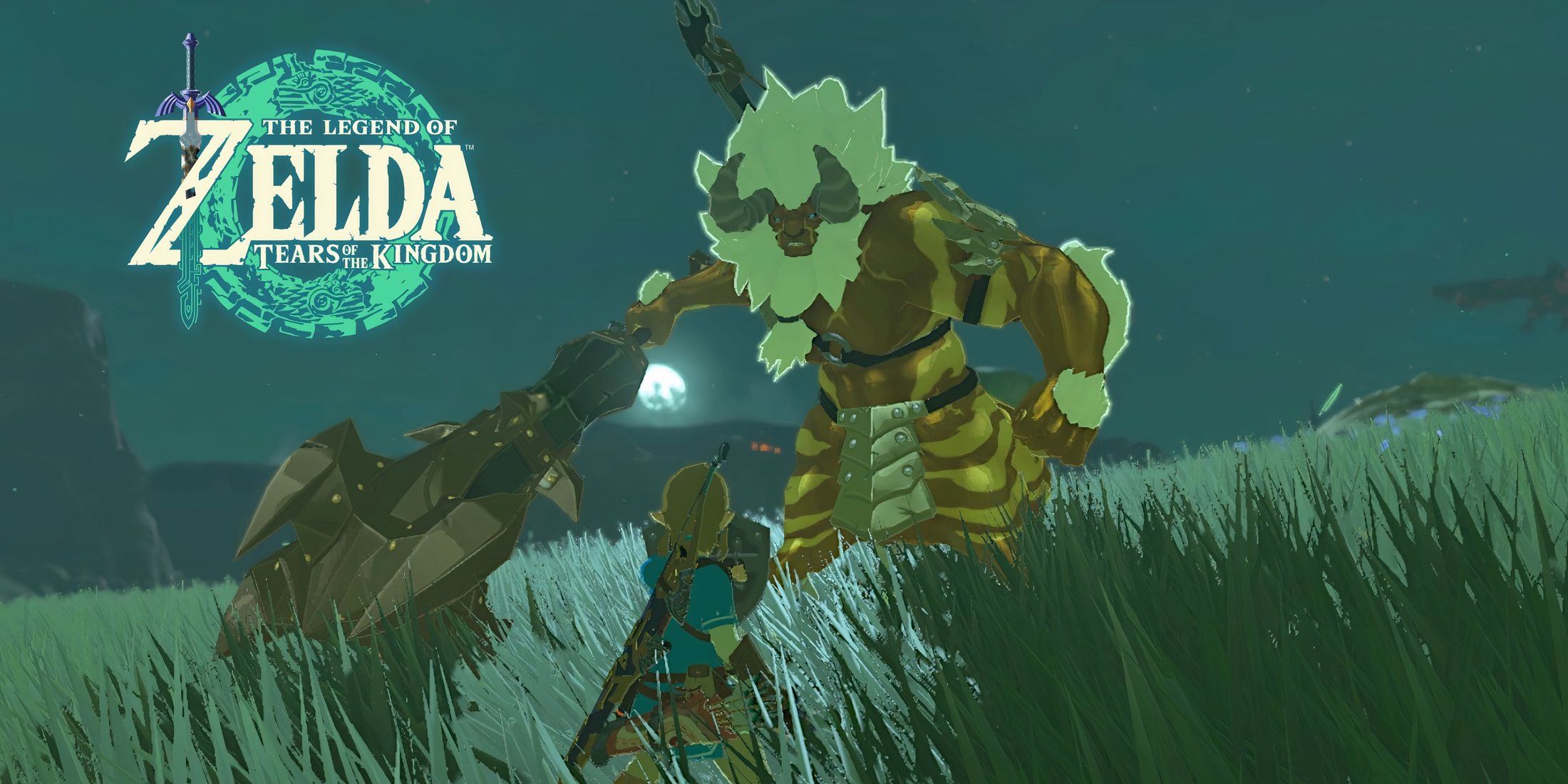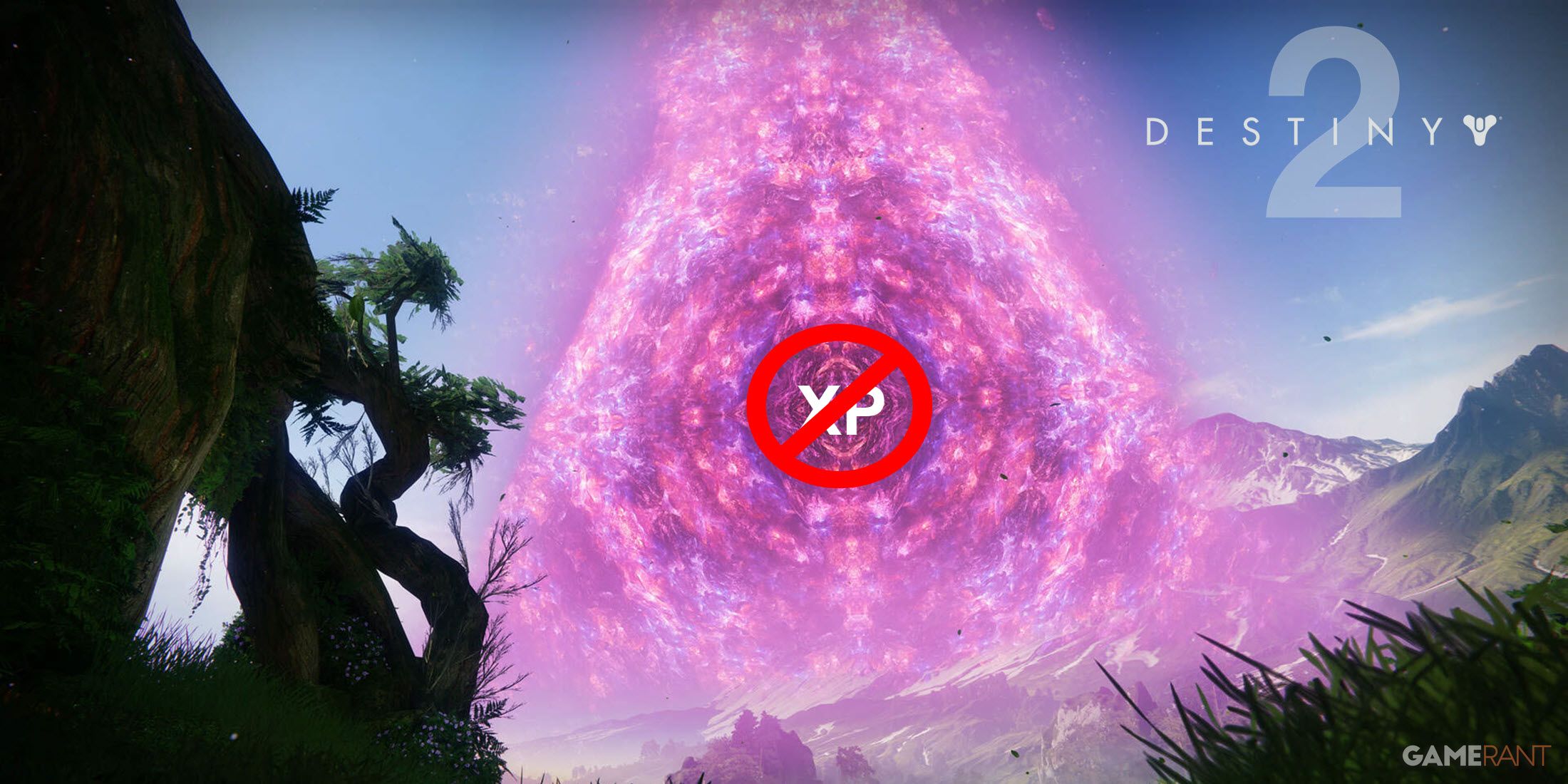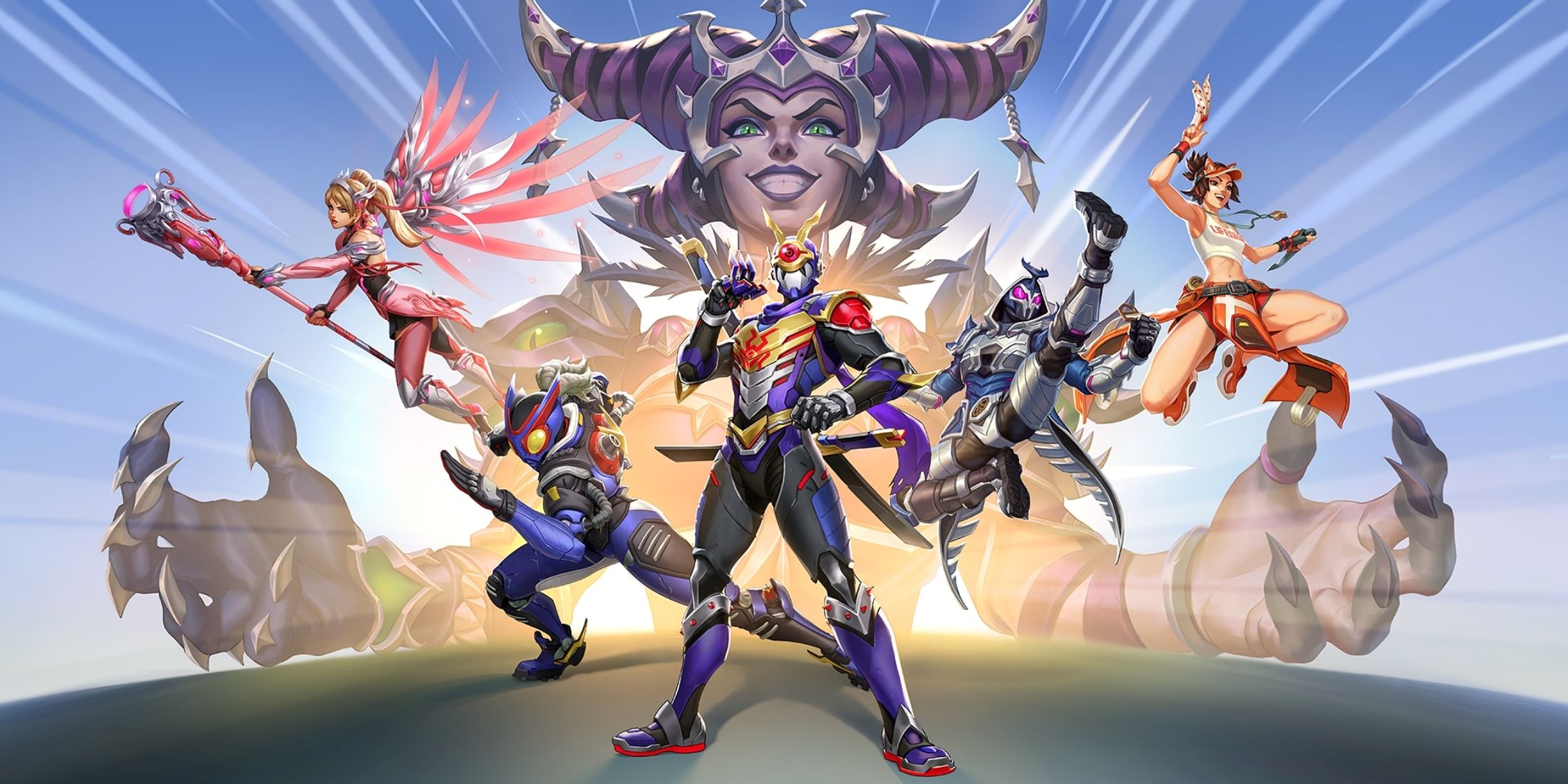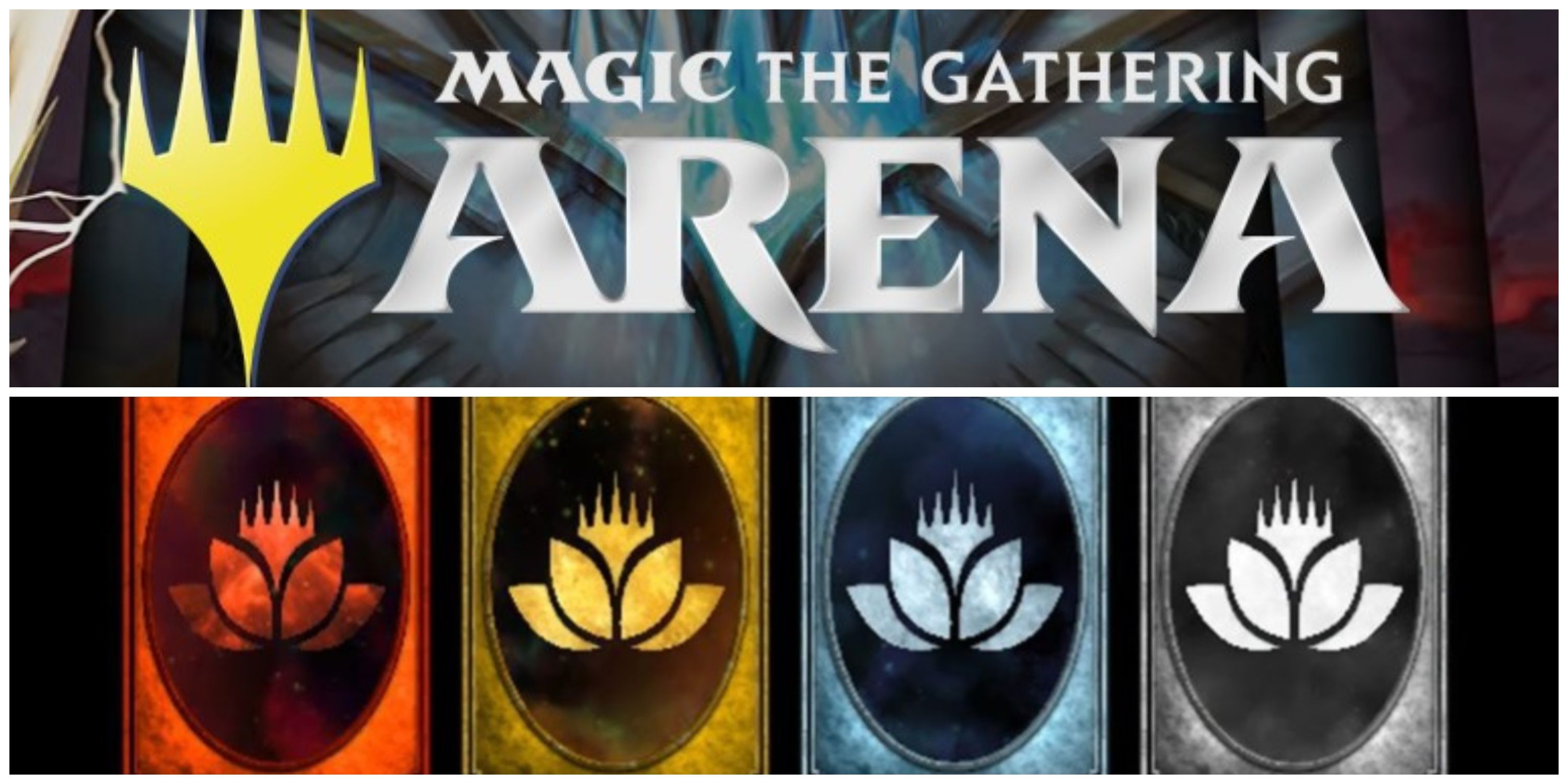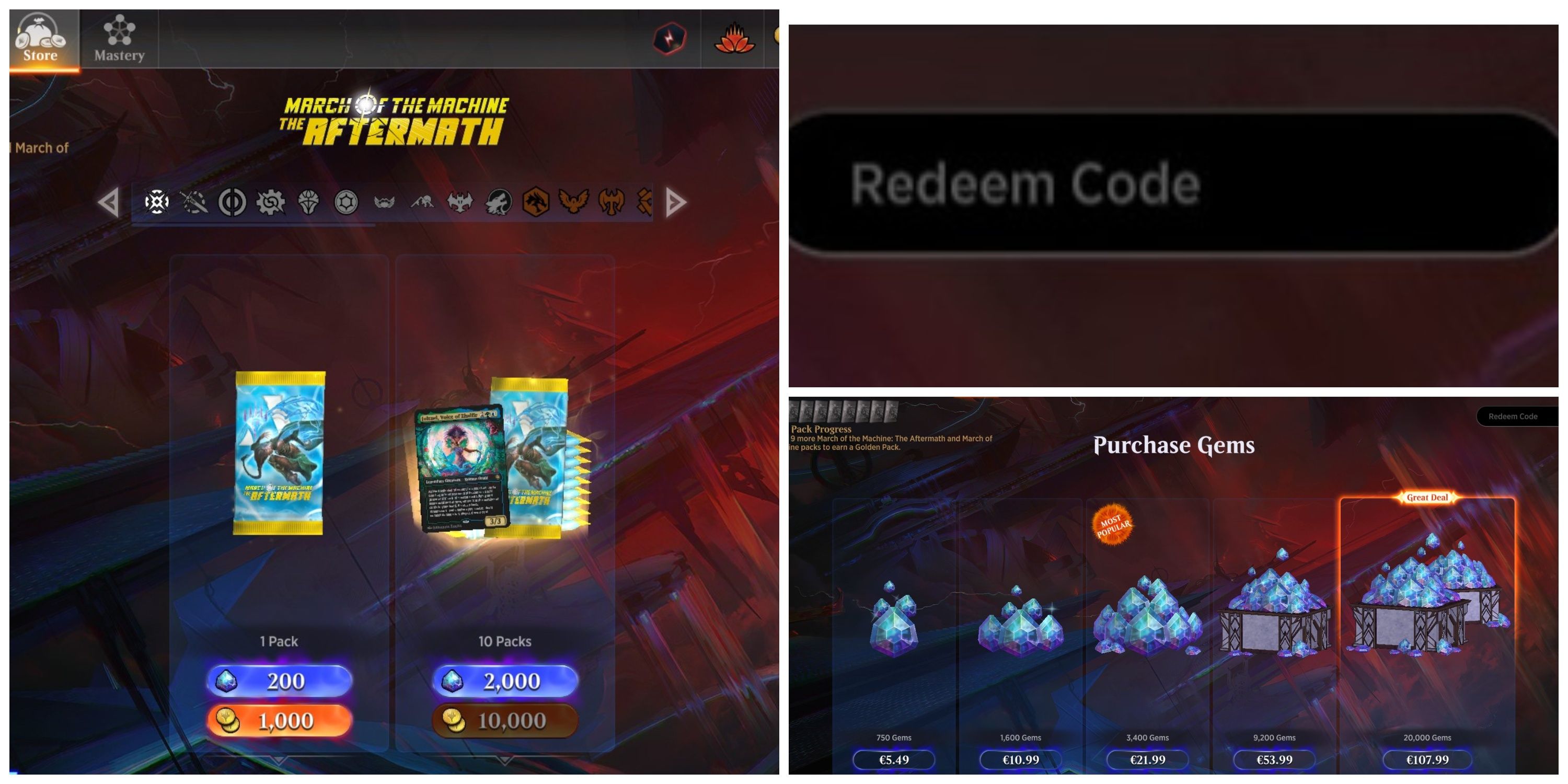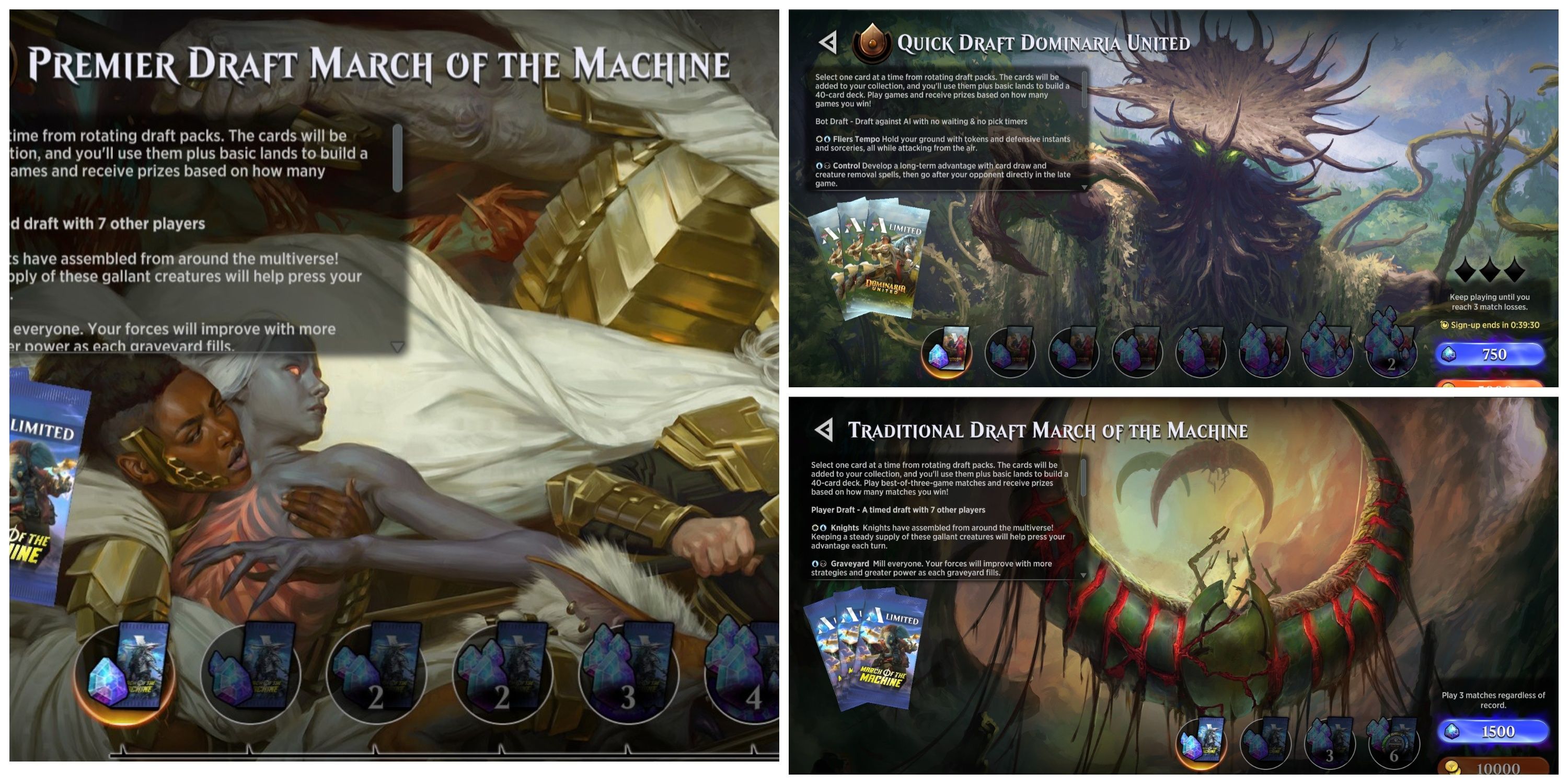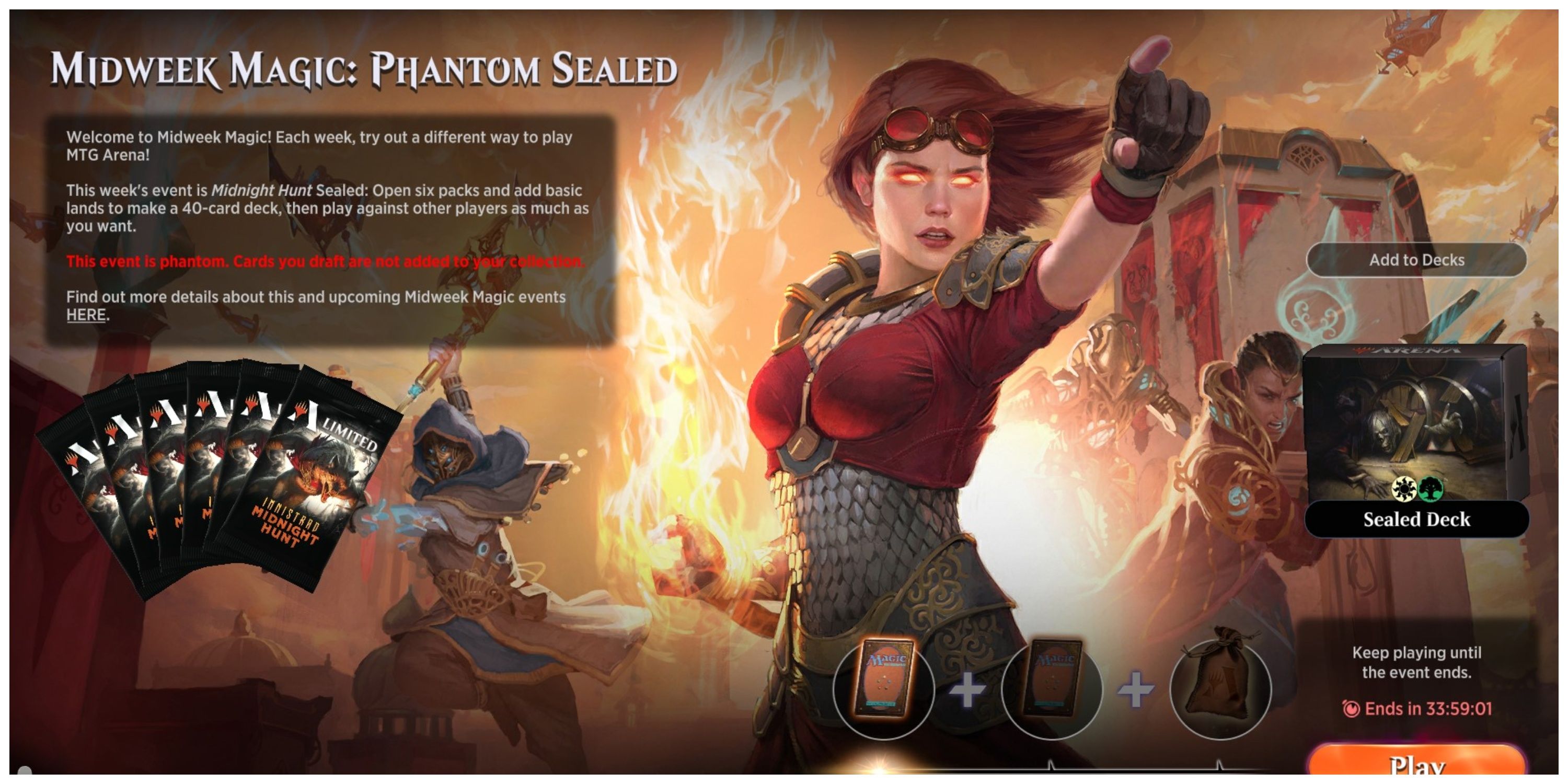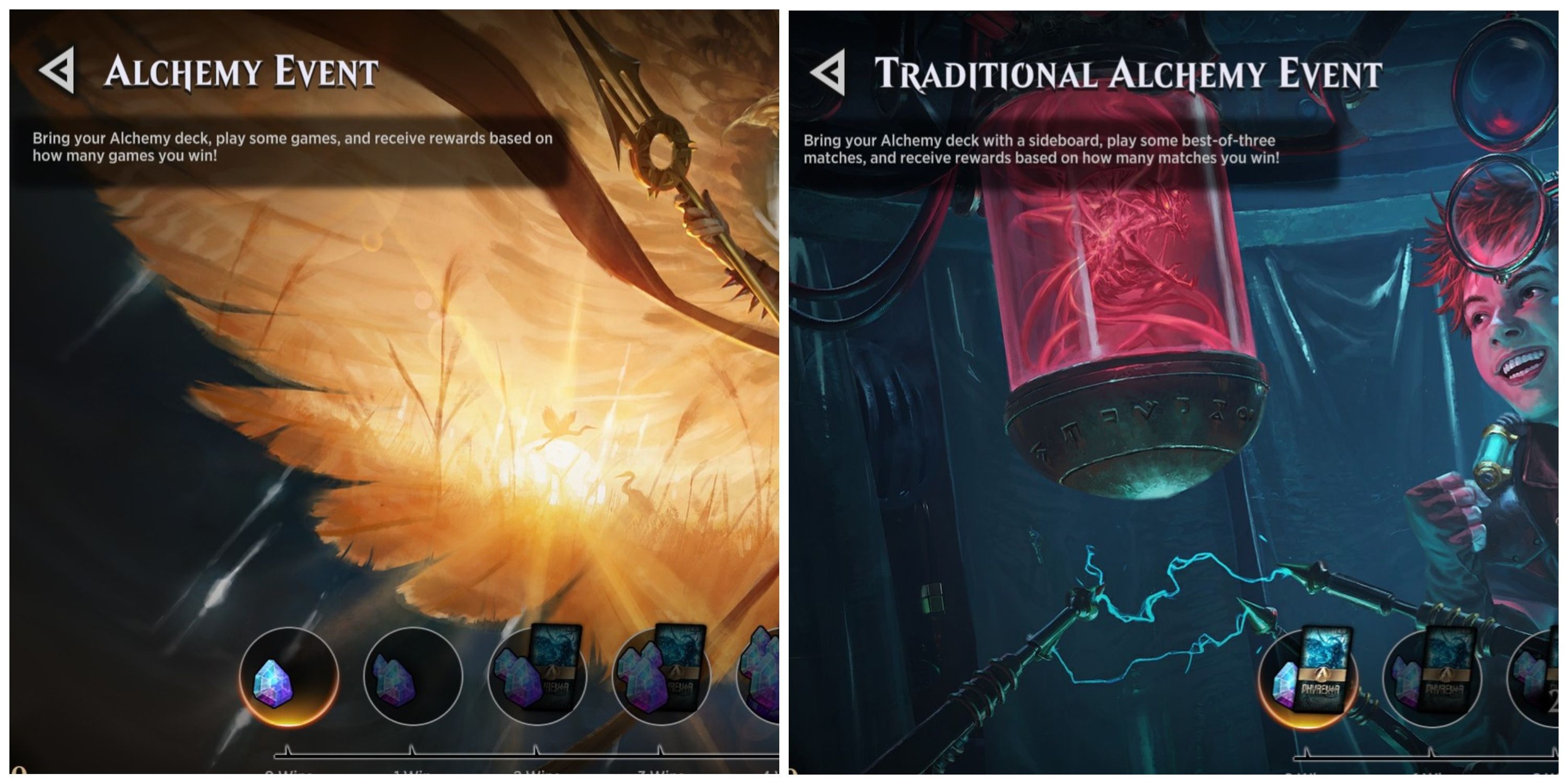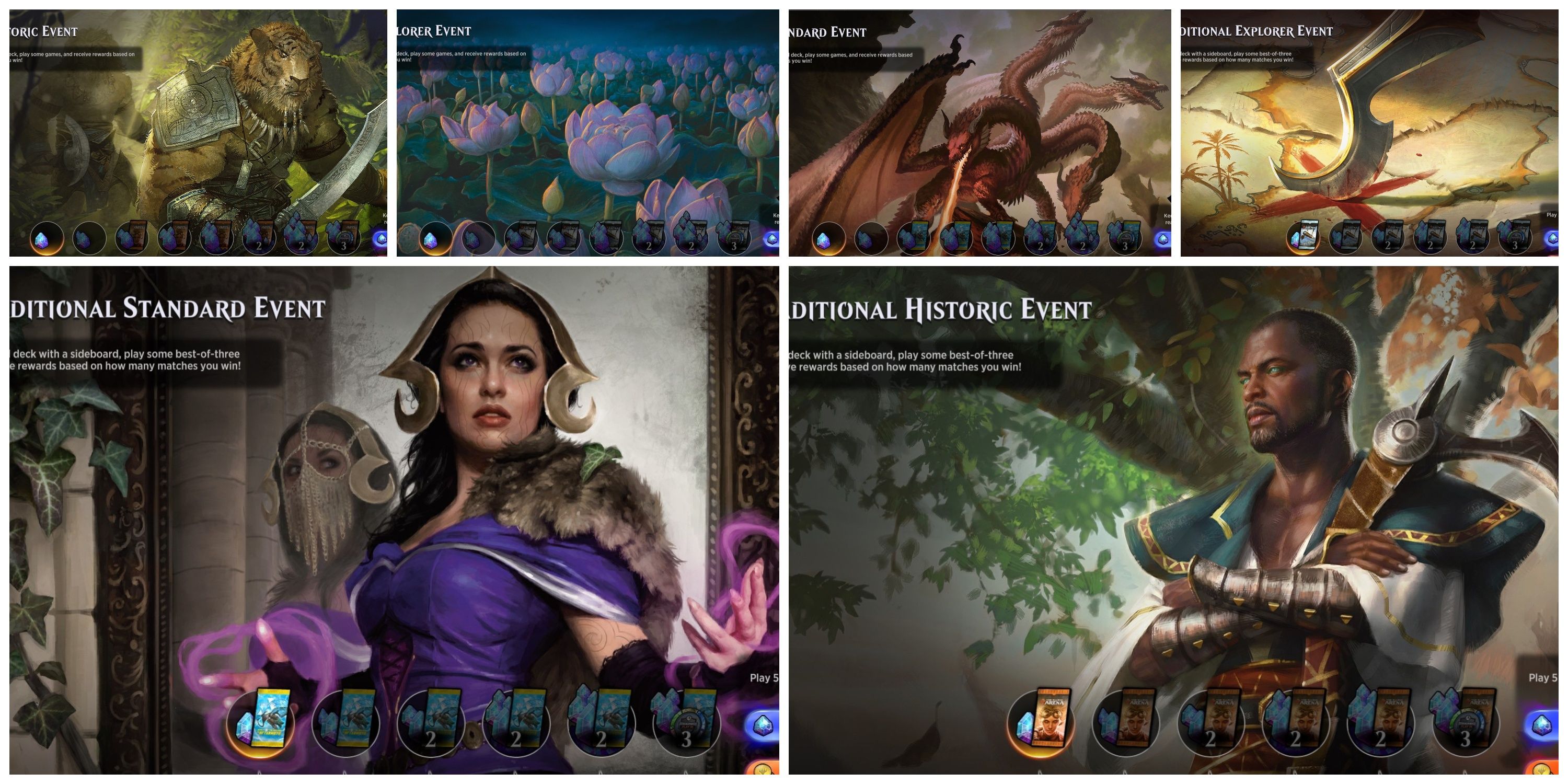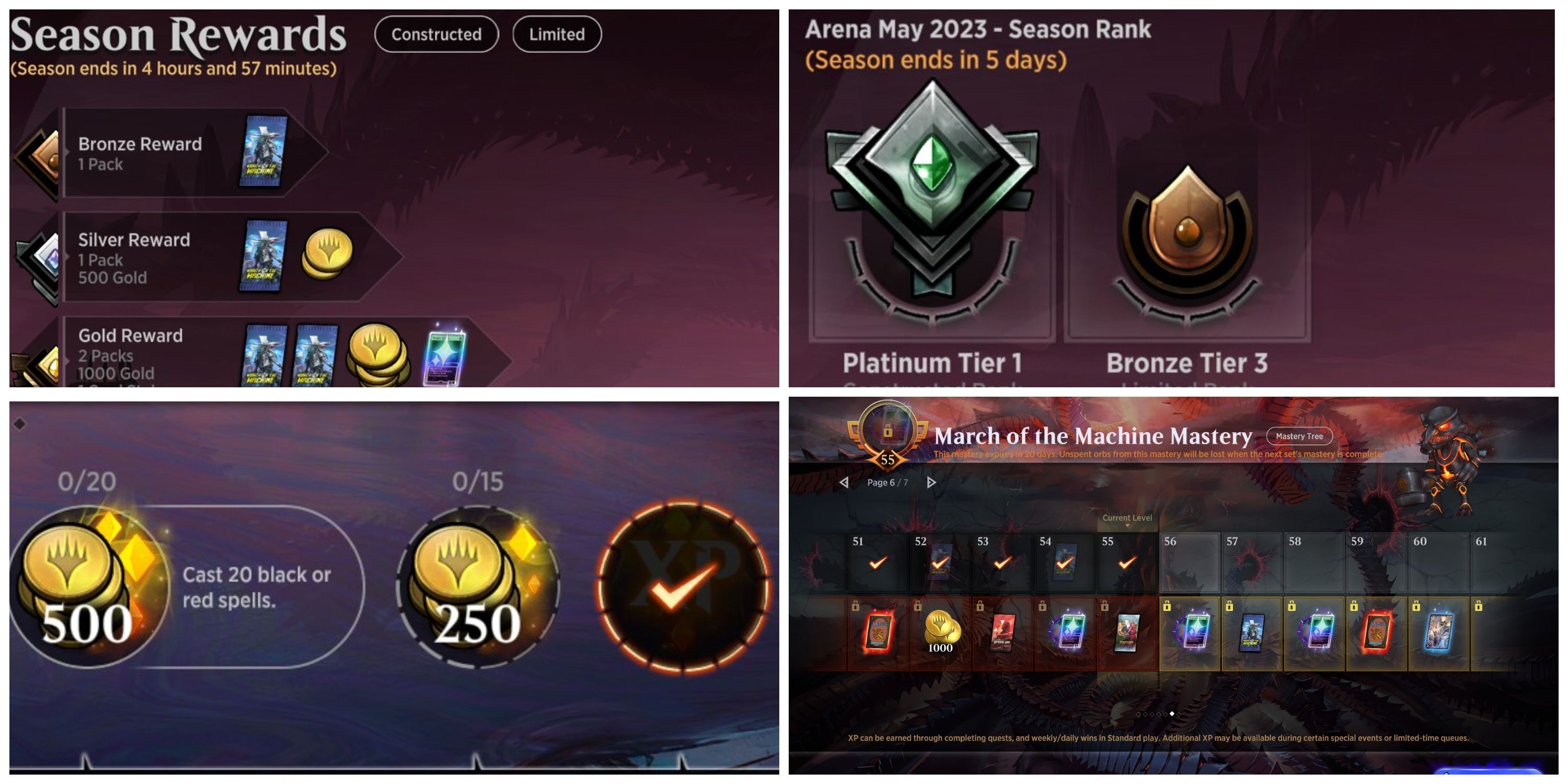Magic: The Gathering has been playing at the top of the collectible trading card game echelon since the release of the limited edition alpha set back in 1993. The game, for a while, was a pinnacle of nerd-dom. It features complex fantastical and science-fiction lore told through cards, expansions into different planes, and a menagerie of other multimedia products telling the stories of different worlds and the characters born from them.
Arena was released in 2018 to resounding success, capitalizing on the popularity of such other online card games like Hearthstone, Pokemon, and Yu-Gi-Oh. Even though Magic had had online services before, Arena went above and beyond. It offered access to a plethora of people who do not have the time, space, and most importantly money, to delve into the world of physically collecting cards. However, not all cards are freely given. Players must run the gauntlet of playing matches and participating in events to eventually complete their online collection, which has expanded over the years.
6 The Store
As in all free-to-play games, Wizards of the Coast offers their fans different ways to interact with the game. There is a truly 'free' way to play the game for those who have the time, patience, and skill to beat other players and slowly accrue in-game resources. They can use these to spend on buying packs, while earning a few along the way.
In Arena, players will accumulate Gold and Gems. Gold is the more abundant currency, and will generally be earned by completing daily and weekly quests and filling out the battle pass (of which there is a free and premium version). In the store, gold can purchase both packs, cosmetic items, and on the odd chance even a handful of gems. Players who purchase multiple packs from the store will also accumulate Wildcards and increase the percentage of their Vault. These cards can be redeemed to craft any card in the game if players have the wildcard of correlating rank:
- Gray = Common
- Cyan = Uncommon
- Gold = Rare
- Red = Mythic Rare
Gems are rarer, unless players are willing to fork over some real-world money (in the form of widely hated microtransactions). Obviously, the more players are willing to spend, the more they will have. The gems offer more bang for their buck and can be used to purchase a multitude of cards, generally in bigger quantities.
Players should regularly check online for voucher codes, which can be redeemed in the store for three free packs for a set and cosmetic items. Currently, not all sets on Arena have voucher codes. Some are time-sensitive, so be sure to use them as soon as possible to claim what is on offer.
5 Drafting
Players have access to multiple modes where they can draft cards for decks and challenge other people using said decks. These formats are limited by the card pool that the players has access to. However, some players may not find this the most optimal way of increasing their online card library.
Drafting is a particular skill players must hone and refine over time. Those who are more familiar with the format will have better payoffs. Limited drafting modes include quick draft (single rounds), traditional draft (three rounds), and premier draft (a draft for the latest release set that sometimes have tokens for a free run). These modes offer gems as rewards in addition to cards.
4 Weekly Special Events
Wizards Of The Coast offers special weekly events that run for a short period of time. These events are not guaranteed to be the same from week to week. The rewards range from cosmetic skins for cards to gold, gems, and maybe a prize of one or two cards (usually of uncommon rarity) once players achieve victory in the event.
These special events may not contribute the most to building up cards for players. However, they can offer great insight into what cards are available to buy in the store once players have saved enough resources.
There are other special events such as Jump In, which stay for longer than a week at a time and are great for beginners who are trying to find their play style. This event gives players the option to choose from packages of cards and make a 'Franken-deck' they can keep too.
3 Alchemy Events
In recent updates, WotC has tried to market specifically to online players. For the physical collectors, they release alchemy cards, which exclusively appear on the online service and bolster what synergies and card combos can be found when playing digitally.
In addition to offering more Alchemy Cards, there are also events pertaining to these special sets. Alchemy Standard and Traditional play in similar ways to their other events. Players can take alchemy cards and use them in fast-paced single-game, or three-game formats to earn more cards from the special rotating digital-only set.
2 Core Gameplay Modes
There are a few gameplay modes that make up the backbone of Arena's online play experience. These include standard (current rotating sets), historic (all sets featured in Arena), and explorer (non-rotating cards dating from the Return To Ravnica set).
Players build their own decks and enroll in these modes by spending gold or gems, in hopes to do battle against other players. This can help them earn more gold, which can be used to participate in other events or purchase more things from the store. These modes are less daunting than drafting, as they allow players to bring in their decks rather than create them as part of the event. It can be more friendly to beginner deck builders and players.
1 Climbing The Ladder
As with all free-to-play games, players are incentivized to spend as much time with the game as possible to get the most out of the experience. Magic: The Gathering Arena does this through two systems: Ladder Ranking and Master Pass.
Many players will be familiar with such systems as they drive the competitive side of the service. The more players win, the higher they'll climb in the ladder. When the season ends, they'll receive a reward correlated to their final placement. Plus, the more matches someone plays, the more experience they will earn unlocking tiers in the battle pass. The battle pass has two modes: a free version or a paid version, which is unlocked by spending gems bought from the store.
Magic: The Gathering Arena is available now on PC, Android, iOS, macOS, GeForce Now and other Mac operating systems.

